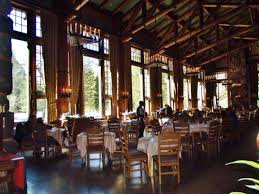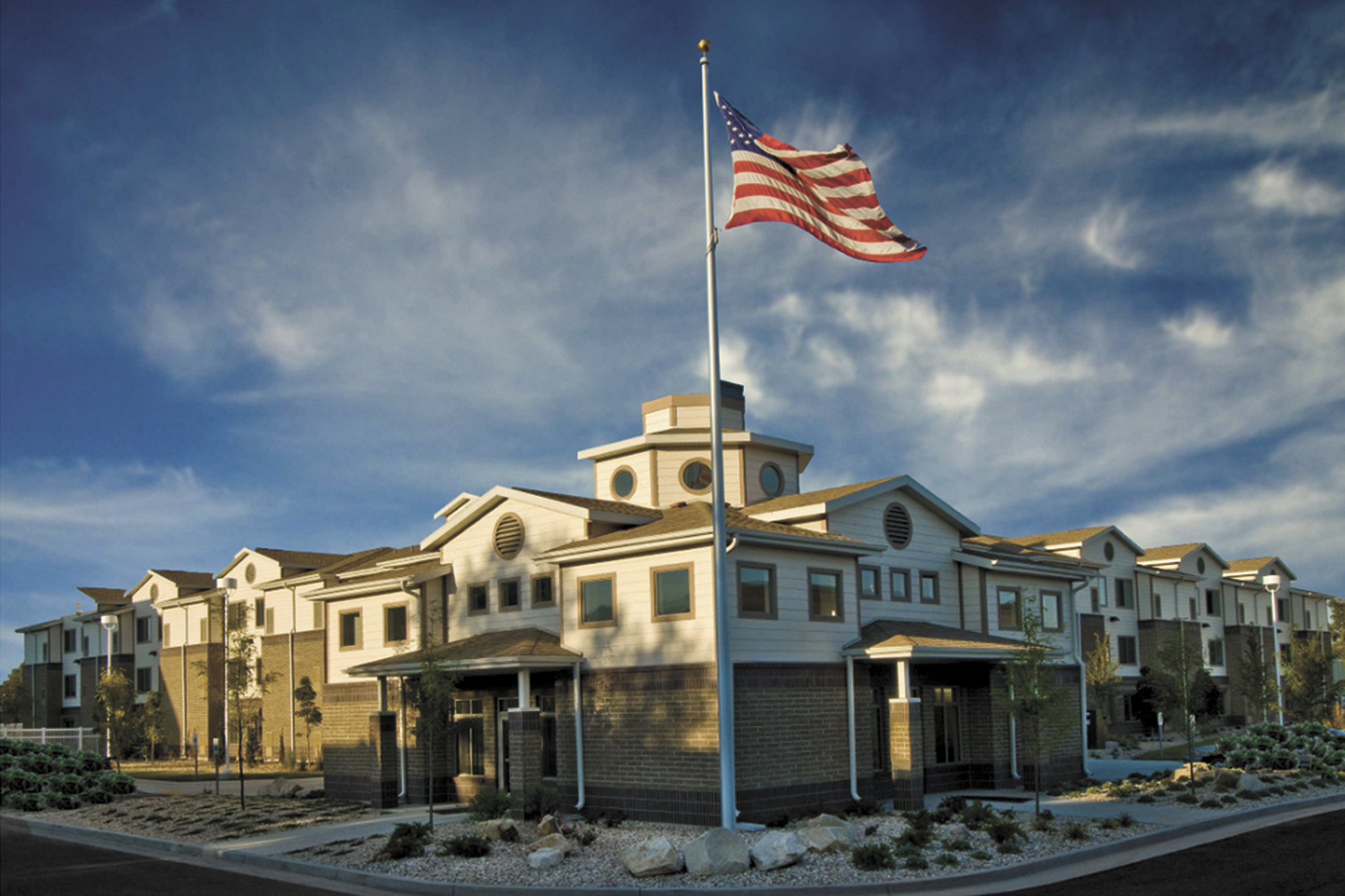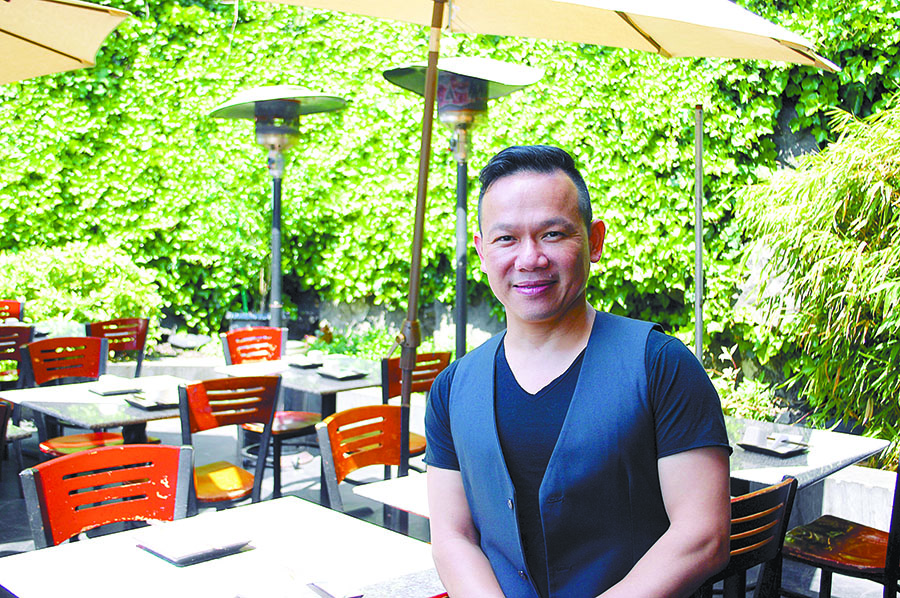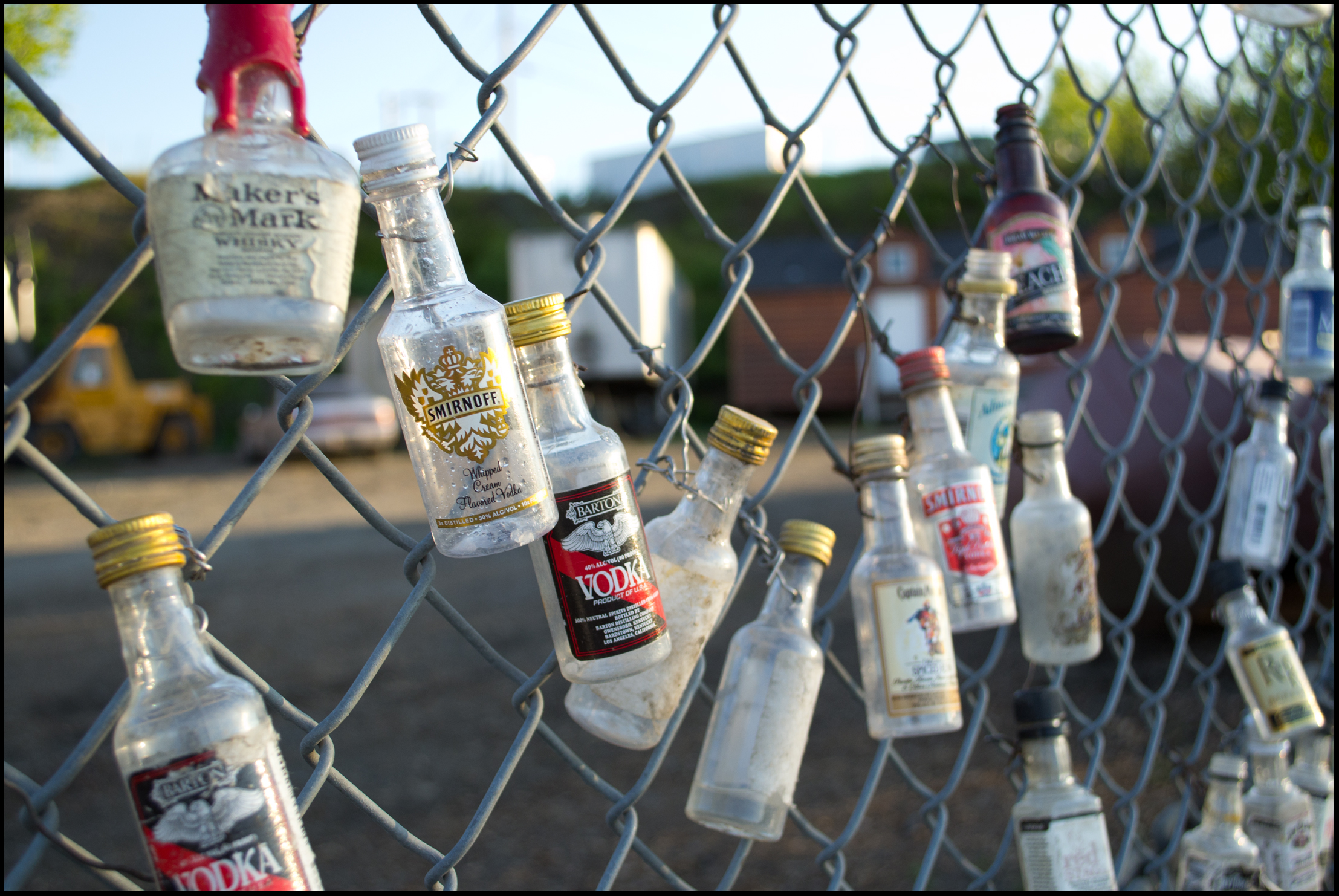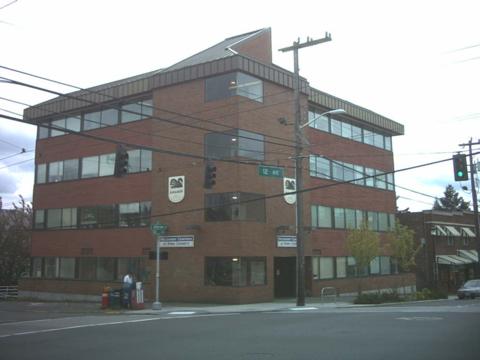Ever wonder how many free meals it takes to corrupt a legislator? It’s a question, among others, that the Washington Legislative Ethics Board pondered for months before casting a vote earlier this week to tentatively set the wining and dining threshold at one dozen freebies per year.
“It was a painful experience, process, I should say,” recounts board counsel Mike O’Connell.
And oh, such haggling. One member of the board, Rep. Drew Hansen (D-Bainbridge) suggested that the definition of “infrequent” meals, paid for by influence-seeking lobbyists, should be three or less. Two other board members thought 18 was a good number, before suggesting a 15-meal limit. Then there was Sen. Jamie Pederson (D-Seattle), also on the board, who, says O’Connell, figured 52 free meals (or one a week) was reasonable.
Says O’Connell: “What the public wanted, those who testified, was that they wanted the number to be zero.”
The current food fight came to head because a joint Associated Press and Northwest Public Radio investigation earlier this year revealed that a lot of lawmakers were chowing down on the lobbyists’ dime, despite the fact that they were also fetching 90 bucks a day from the state to pay for their lodging and meals. (Next year, per diem goes up to $120 a day.)
The top free meal recipient during the 2013 session was Sen. Doug Ericksen. The Ferndale Republican, who chairs the Senate Energy, Environment and Telecommunications Committee, was taken out by lobbyists for 71 complimentary repasts, says O’Connell.
“That’s inaccurate,” Ericksen tells Seattle Weekly today. “I’d show up at an event and lot of time I’d only have a diet cola. This number is not connected to reality.”
Other major bread winners included Sen. Steve Litzon (R-Mercer Island), Sen. Joe Fain (R-Auburn), Sen. Mike Hewitt (R-Walla Walla), Sen. Mark Schoesler (R-Ritzvile), and Rep. Ross Hunter (D-Media), all of whom wolved down meals valued at between around $1,000 and $1,500.
The ethics board, which is composed of four legislator and five citizens, also defined “meal,” as Crosscut’s John Stang reports, “as a sit-down affair with both food and drink—meaning a beer or a coffee won’t count as one of the 12 meals as long as pretzels or donuts are not included. A barbeque at a lobbyist’s home will count as a free meal. But a hosted reception, at which people often stand around while eating and drinking, will not count.”
Currently, there are no rules governing free meals other than reporting to the Public Disclosure Commission if the meal is more than $50. Also, the rule has always been that a lawmaker is permitted to accept free meals only “infrequently.”
But, says, Kenny Pittman, a civilian member of the board, there has never been a definition of what infrequently means. “Sixty meals or whatever, clearly that is outside of the definition of infrequently,” he says. “There is a perception that buying meals buys influence.”
The ethics board will reconvene to take a more formalized vote on meal limits on Oct. 21.
